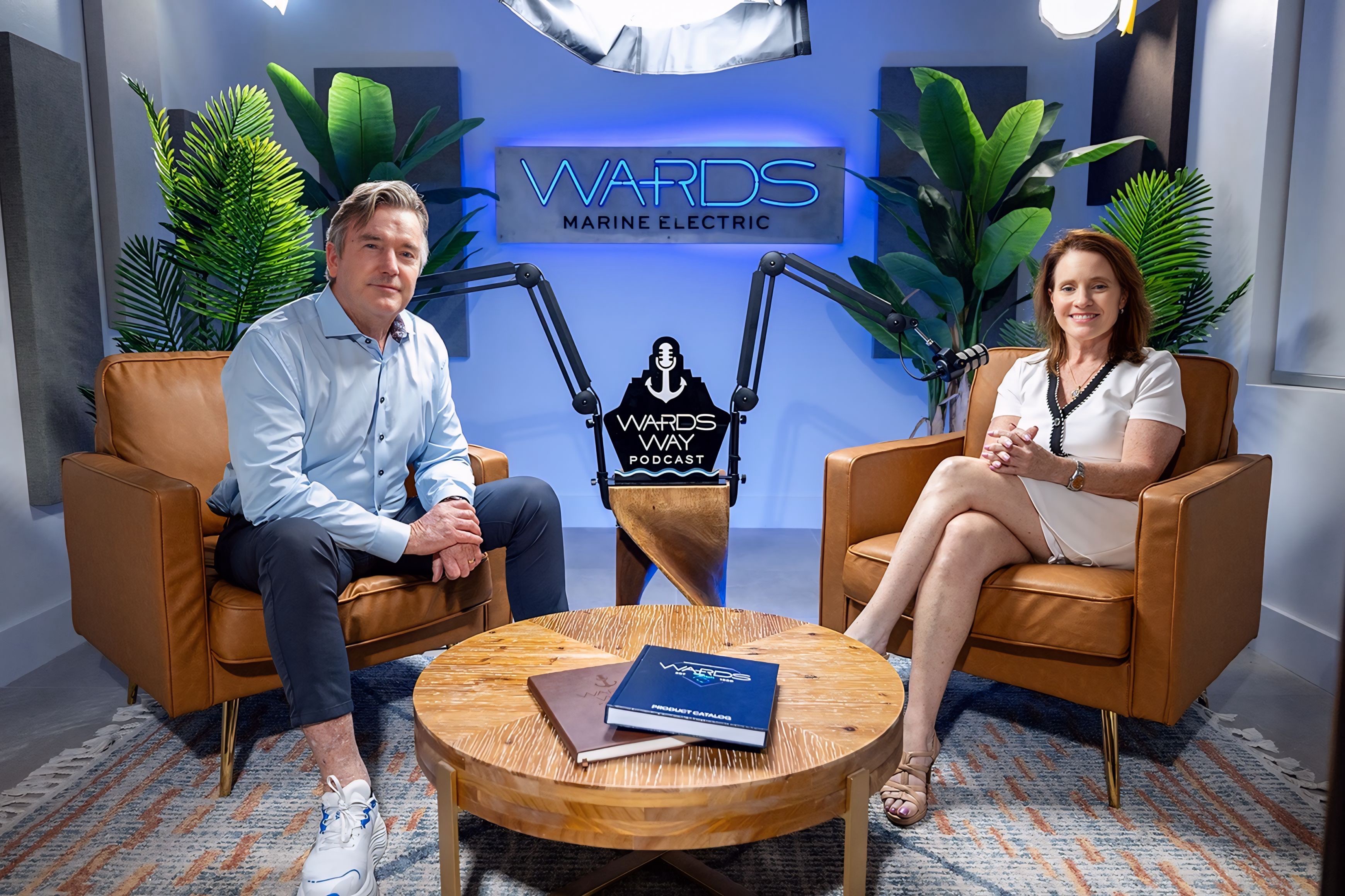
Informa President of US Boat Shows Andrew Doole: A Tell-All
The Fort Lauderdale International Boat Show (FLIBS) stands as one of the most prestigious maritime events globally, celebrating its remarkable 66-year legacy as a cornerstone of the marine industry. What began as a modest gathering of boat enthusiasts has evolved into a sprawling showcase spanning seven strategic locations throughout Fort Lauderdale, attracting approximately 100,000 attendees and 1,200 exhibitors annually. This transformation reflects not just the growth of the show itself, but the evolution of the entire boating industry.
The show's resilience through challenging times speaks volumes about its importance to both the local economy and the global marine market. In a fascinating conversation with Andrew Doole, president of US Boat Shows for Informa, we learned how the show has navigated everything from hurricanes to pandemics. Doole, who started with the boat shows in 1982, has witnessed firsthand the show's remarkable journey - including its brief and somewhat tumultuous relocation to Port Everglades during his very first year due to contractual disagreements with Bahia Mar.
Perhaps what's most striking about FLIBS is its economic impact - generating approximately $1.8 billion annually for the region, comparable to hosting a Super Bowl every year. Unlike many major events, the show is entirely self-sufficient, covering its operational costs including police services and waste management. The ripple effects extend far beyond the marine industry, benefiting hotels, restaurants, florists, delivery services, laundry businesses, catering companies, and countless other local enterprises for weeks before and after the official show dates.
The physical transformation required to create this floating spectacle is nothing short of extraordinary. With seven miles of floating docks, hundreds of miles of electrical wiring, and a temporary workforce that swells from 100 to approximately 500 people during show time, the infrastructure behind FLIBS represents a remarkable feat of logistics and engineering. The entire setup process requires nearly a month of round-the-clock work, culminating in a seamless experience for attendees who often don't realize the complexity behind what they're experiencing.
Over the decades, the show has seen dramatic changes in presentation and scale. What once consisted of boats simply backed into slips with modest decorations has evolved into sophisticated displays featuring custom barges, elaborate staging, and immersive brand experiences. As Doole noted, these elaborate presentations aim to showcase not just the vessels themselves, but the aspirational lifestyle associated with luxury boat ownership. The vessels themselves have grown substantially larger, creating new logistical challenges for power supply, docking, and navigation.
What makes FLIBS particularly unique is its ability to adapt to changing environments. Throughout its history, every venue associated with the show has undergone redevelopment - from the Swimming Hall of Fame to Las Olas Marina, from the Convention Center to Pier 66, and eventually Bahia Mar itself. Rather than seeing these changes as threats, show management has consistently collaborated with developers to ensure continuity and improvement. The upcoming redevelopment of Bahia Mar, featuring a Saint Regis hotel and enhanced facilities, promises to elevate the show experience further while maintaining its essential character and in-water footprint.
Looking ahead, Informa is expanding its boat show portfolio, recently acquiring the Newport International Boat Show and announcing plans for the new Windy City Boat Show in Chicago for 2026. Meanwhile, the Miami International Boat Show is returning to its roots along Indian Creek, reconnecting with South Beach and creating better continuity between its multiple venues.
The enduring success of FLIBS stems from its ability to navigate change while remaining true to its purpose: connecting marine businesses with enthusiastic buyers in an environment that celebrates innovation and craftsmanship. Whether weathering literal storms like Hurricane Wilma or adapting to global disruptions like the COVID-19 pandemic, the show consistently demonstrates the resilience that characterizes the marine industry itself - proving that in Fort Lauderdale, come rain or shine, the show truly must go on.
We invite you to listen to the complete conversation between host Kristina Hebert and special guest Andrew Doole in Season 3, Episode 4 of the Wards Way podcast by tuning into your favorite streaming platform.

